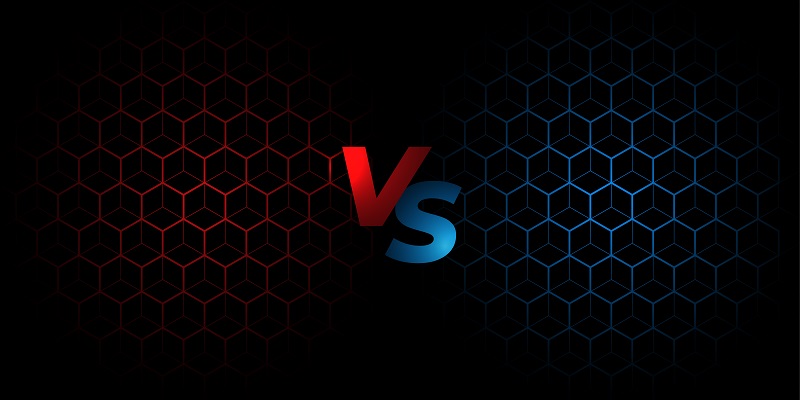The Samsung Galaxy S8 Plus and the Samsung Galaxy S7 Edge are two flagship smartphones from Samsung. In this article, we will compare these two devices based on their key features, including display quality, performance, camera capabilities, battery life, fast charging, connectivity options, and next-generation connectivity. Read on to find out which smartphone is the right choice for you.
Display Quality
The Galaxy S8 Plus features a stunning 6.2-inch Super AMOLED display with QHD+ resolution, delivering vibrant colors and sharpness. Its edge-to-edge design provides an immersive visual experience, making it perfect for multimedia consumption and gaming. On the other hand, the Galaxy S7 Edge sports a 5.5-inch Super AMOLED display with Quad HD resolution, which also offers excellent color reproduction.
Performance
Both the Galaxy S8 Plus and the Galaxy S7 Edge deliver seamless and snappy performance. Whether you’re browsing the web, playing graphics-intensive games, or streaming HD videos, these smartphones won’t disappoint. With powerful processors and plenty of RAM, multitasking is smooth and efficient on both devices. However, the Galaxy S8 Plus has a more advanced processor, making it slightly faster and more future-proof.
Camera Capabilities
The Galaxy S8 Plus boasts a 12-megapixel rear camera with a wide f/1.7 aperture, optical image stabilization (OIS), and phase detection autofocus (PDAF). This combination ensures sharp and detailed photos even in low-light conditions. The Galaxy S7 Edge, on the other hand, features a 12-megapixel rear camera with a similar f/1.7 aperture and OIS. Both devices capture excellent photos, but the S8 Plus has slight improvements in image processing.
Shooting Modes and Features
Both smartphones offer various camera features and shooting modes, including HDR mode and ‘Selective Focus’ mode for professional-looking portraits. These additional options enhance the versatility and creativity of your photography. While the Galaxy S8 Plus offers a few more shooting modes, such as ‘Food Mode’ and ‘Pro Mode,’ the Galaxy S7 Edge still provides a satisfying photography experience.
Battery Life
The Galaxy S8 Plus is equipped with a 3,500mAh battery, while the Galaxy S7 Edge has a slightly smaller 3,600mAh battery. Thanks to its efficient processor and enhanced software, the Galaxy S8 Plus can easily last through a full day of heavy use. Similarly, the Galaxy S7 Edge also offers reliable battery life, ensuring that you won’t run out of power during your busy day.
Fast Charging
Both devices support fast charging capabilities, allowing you to quickly recharge your phone when needed. With fast charging technology, you can get a significant portion of battery life within a short period. This feature is particularly useful when you’re in a rush and need your smartphone to be ready quickly.
Connectivity Options
In terms of connectivity, both the Galaxy S8 Plus and the Galaxy S7 Edge offer a range of options to keep you connected. These include 4G LTE, Wi-Fi, and Bluetooth connectivity. Both devices provide seamless and stable connections, ensuring that you can browse the web, stream media, and make calls without interruptions.
Next-Generation Connectivity
The Galaxy S8 Plus introduces the next-generation connectivity standard with its support for Gigabit LTE. This means you can experience lightning-fast download speeds, allowing for quicker file transfers and seamless streaming. The Galaxy S7 Edge, on the other hand, supports LTE technology but lacks the Gigabit capabilities of its successor.
Ultimately, the choice between the Samsung Galaxy S8 Plus and the Samsung Galaxy S7 Edge depends on individual preferences and budget. While the Galaxy S8 Plus offers a larger display, a more advanced processor, enhanced camera capabilities, and next-generation connectivity, the Galaxy S7 Edge still holds its own with its excellent display, reliable performance, and great camera. Consider your priorities and desired features when making your decision.

